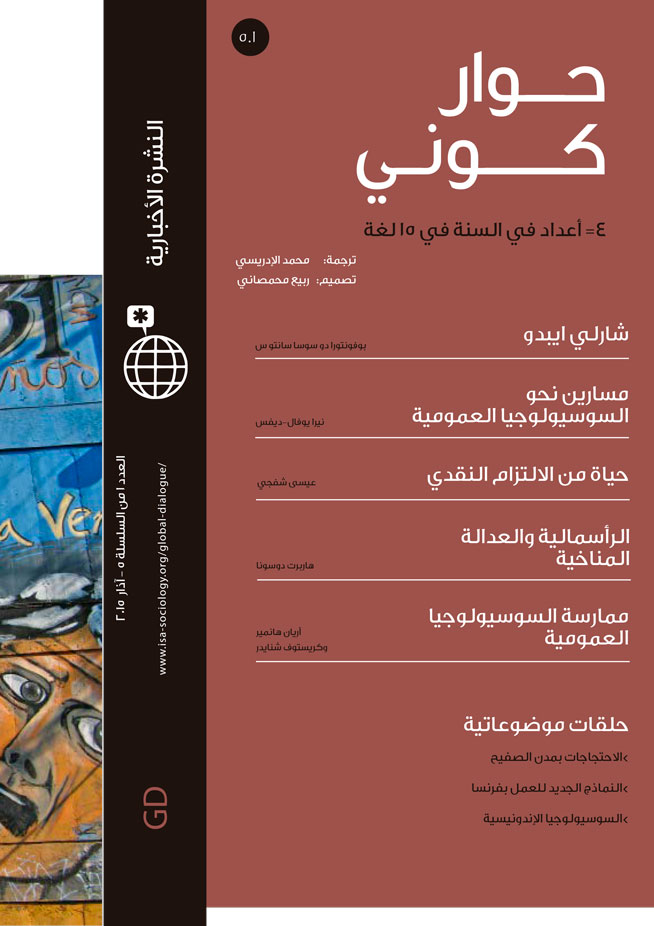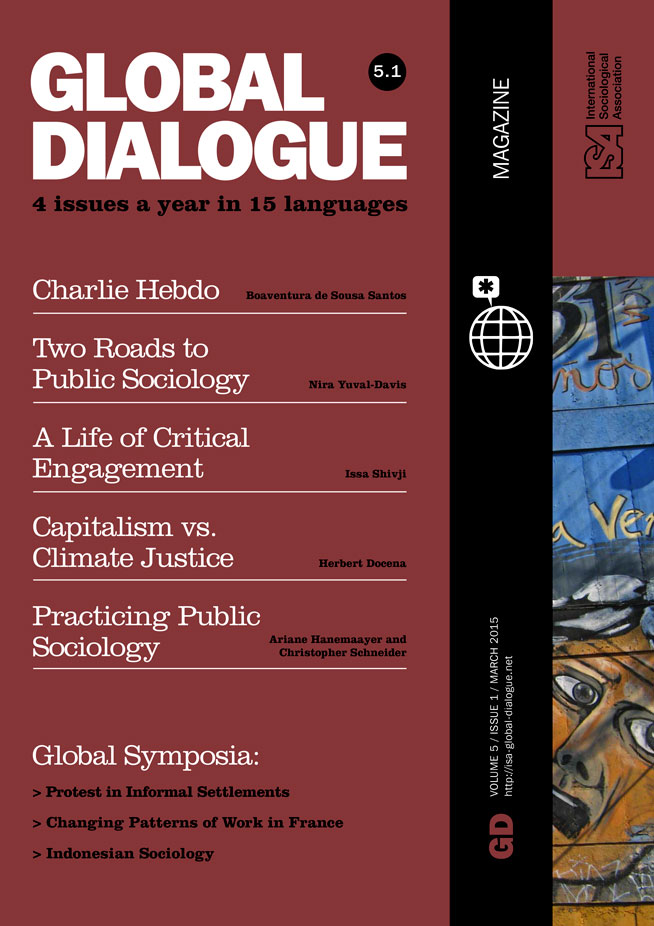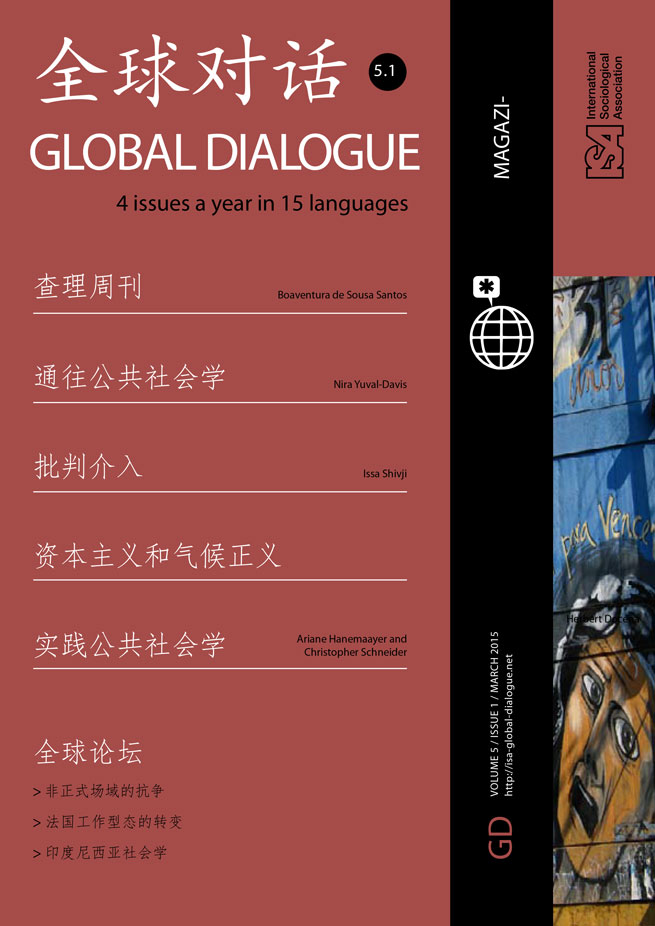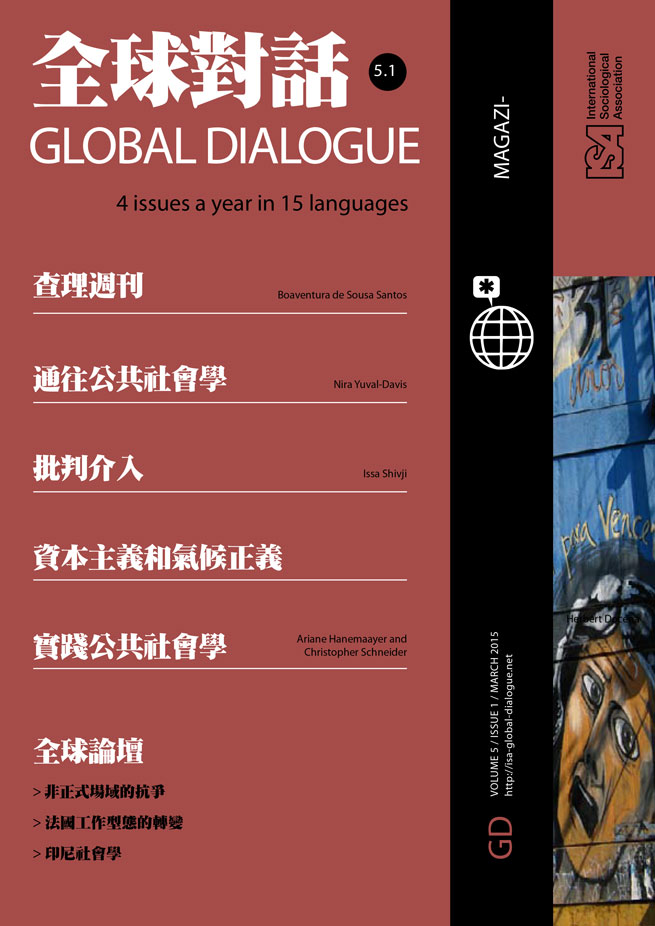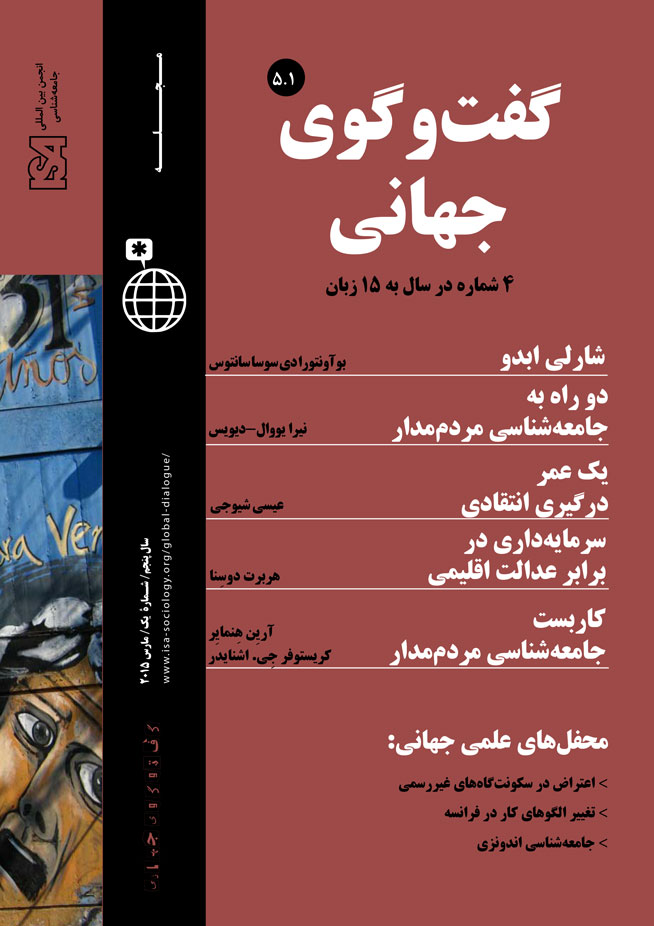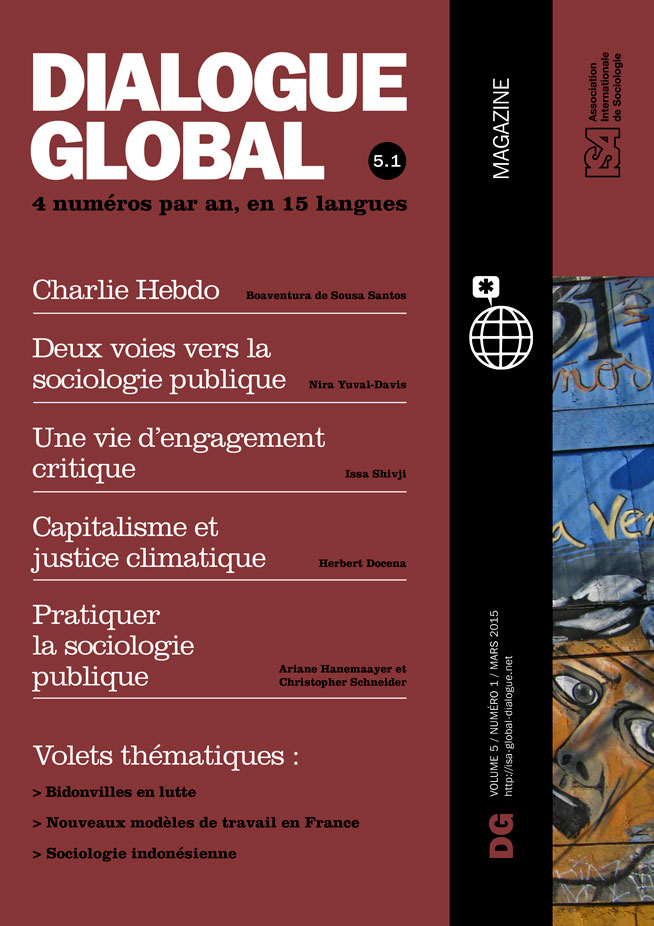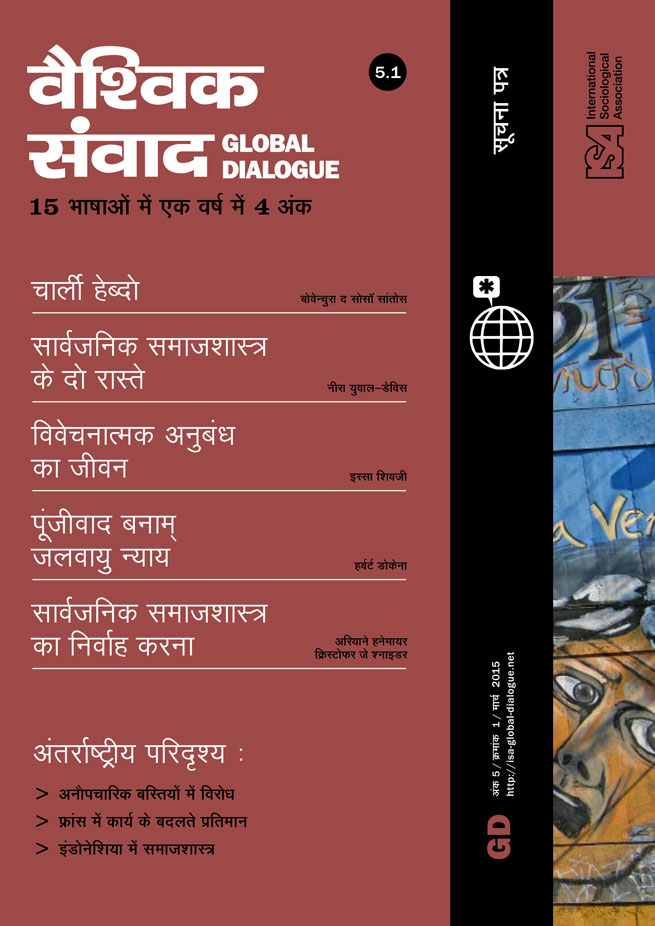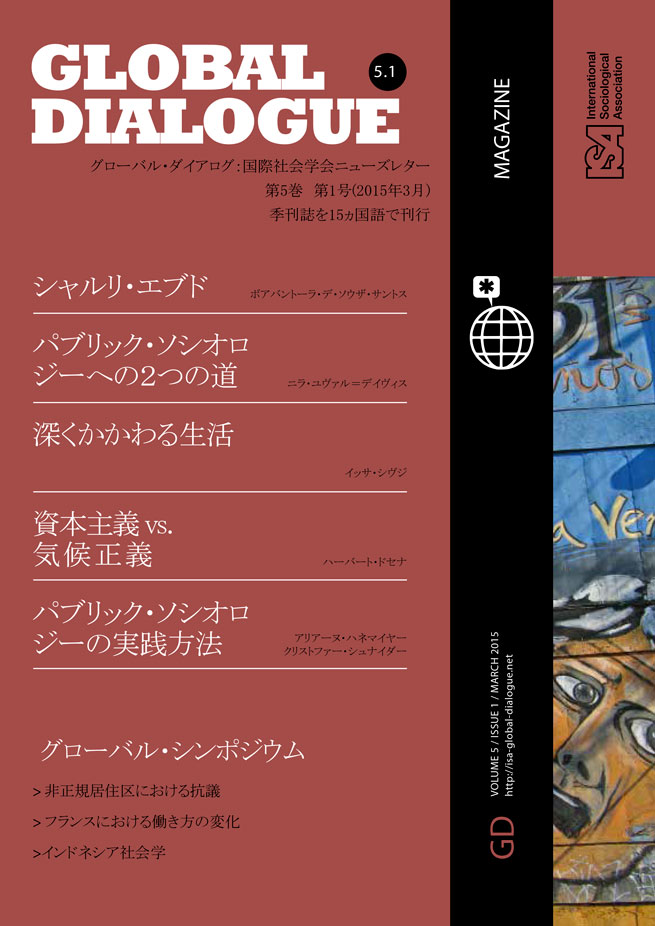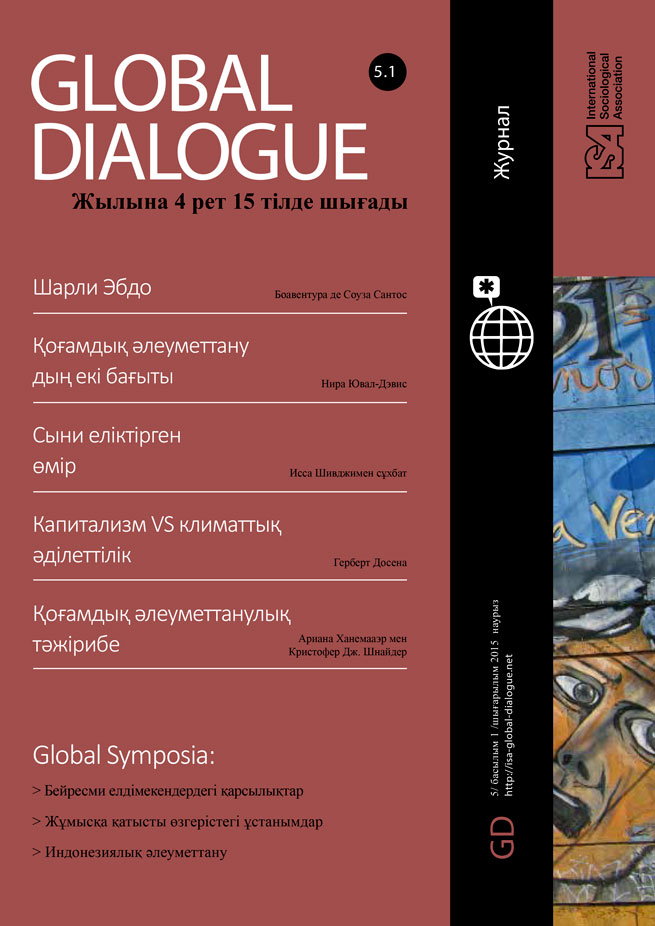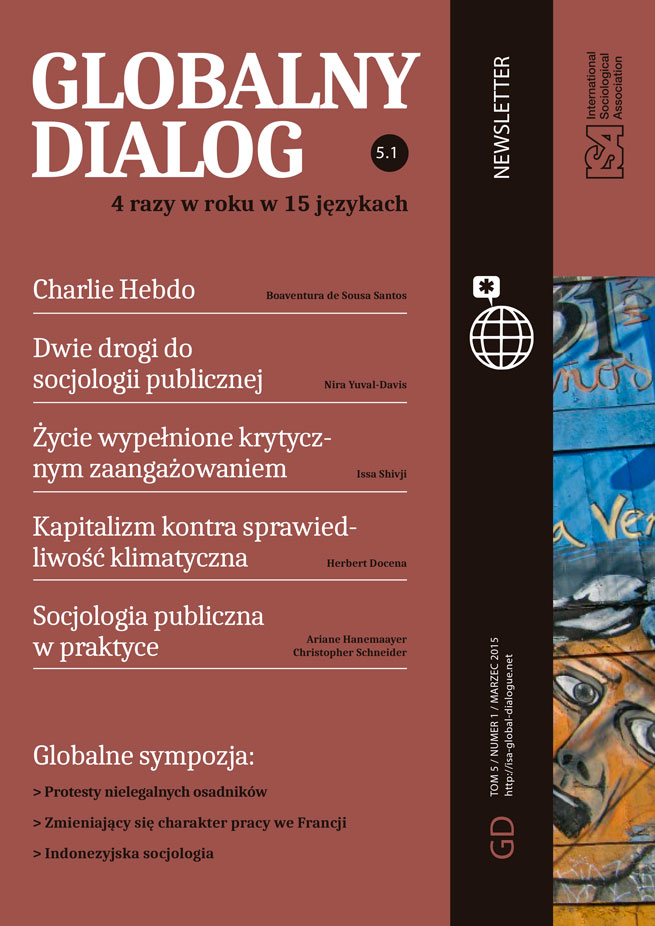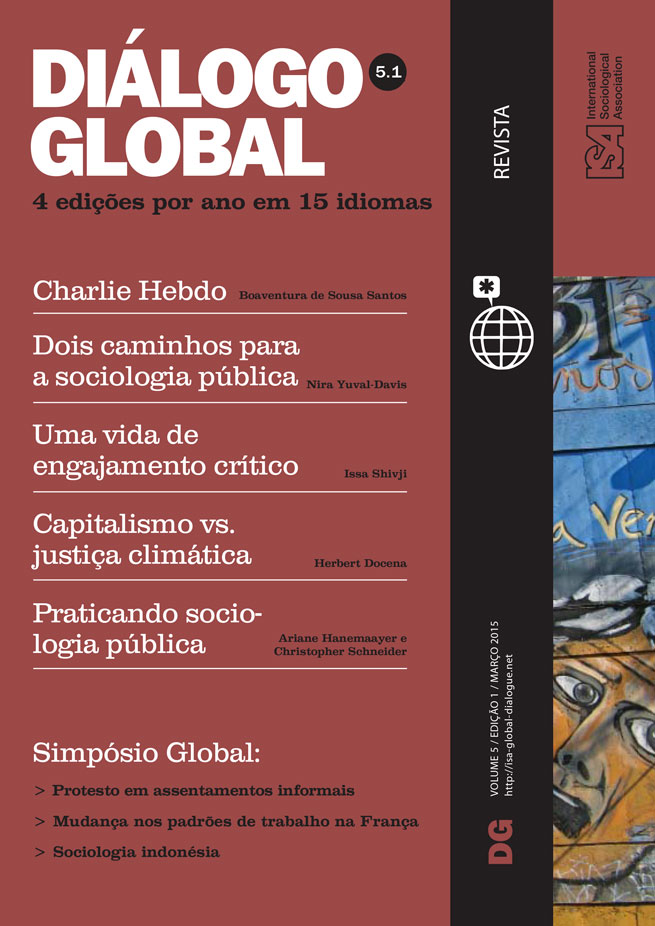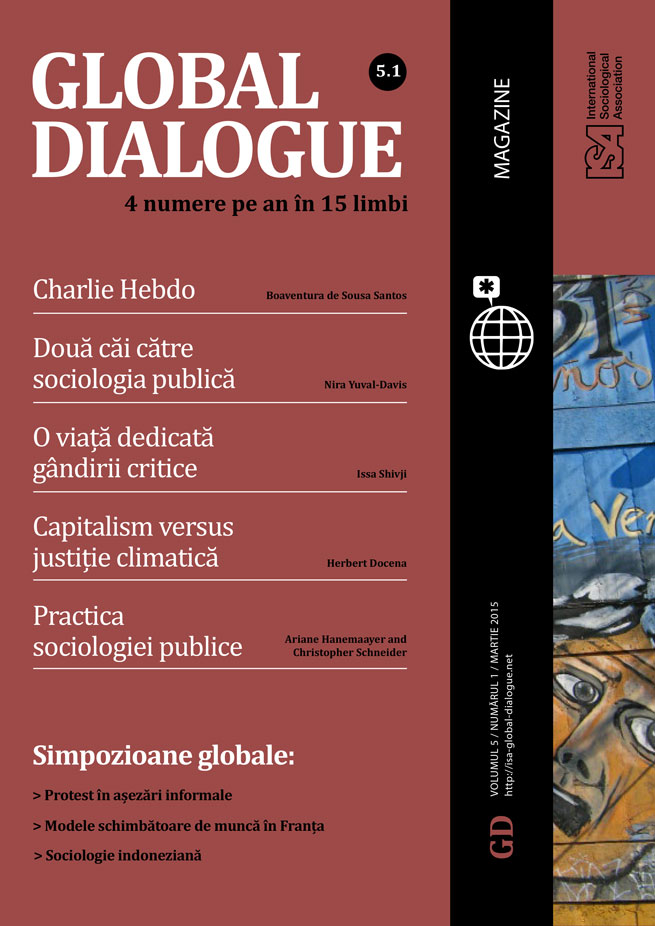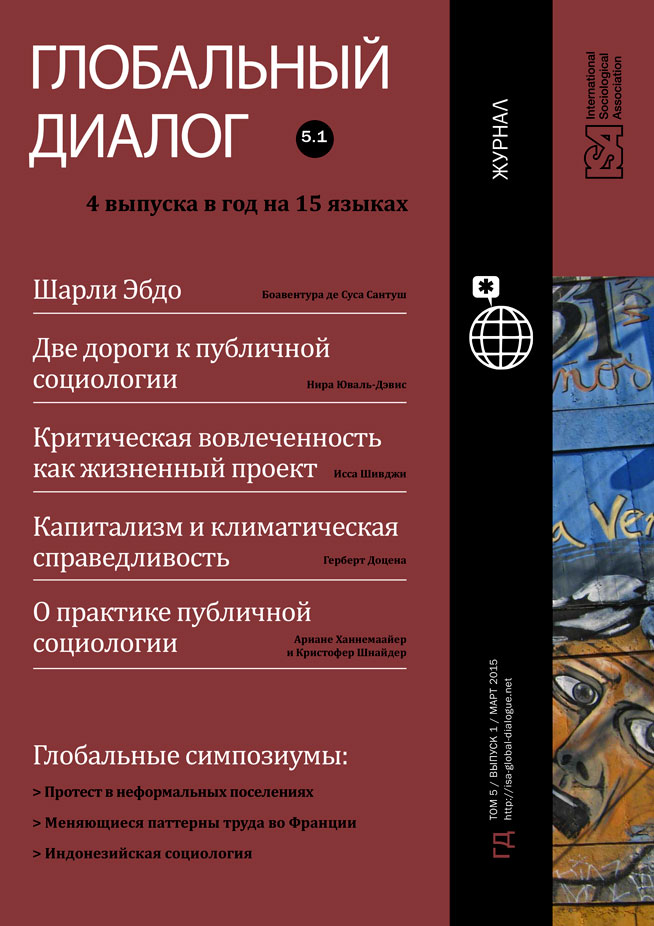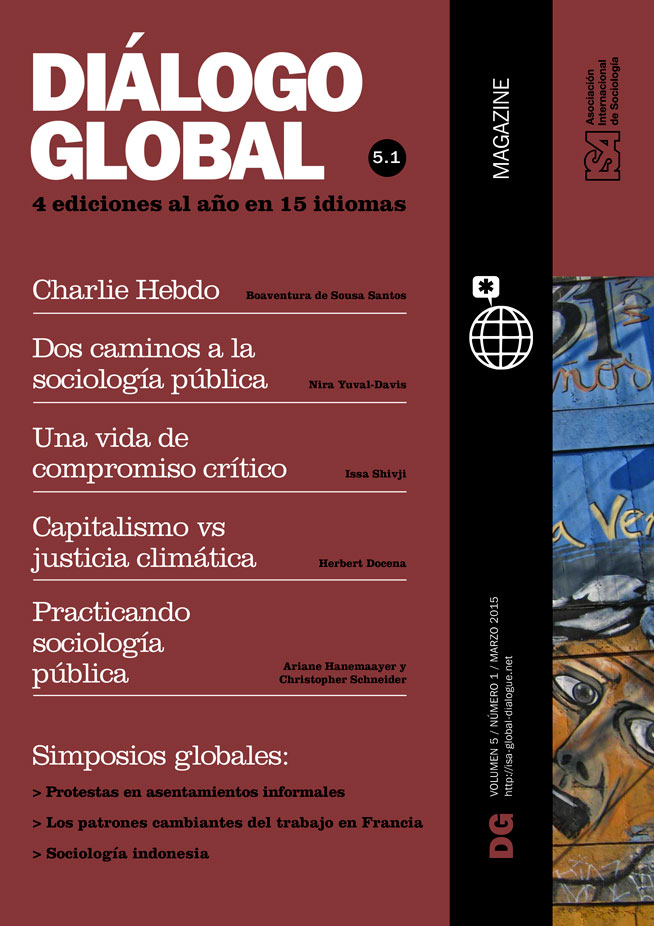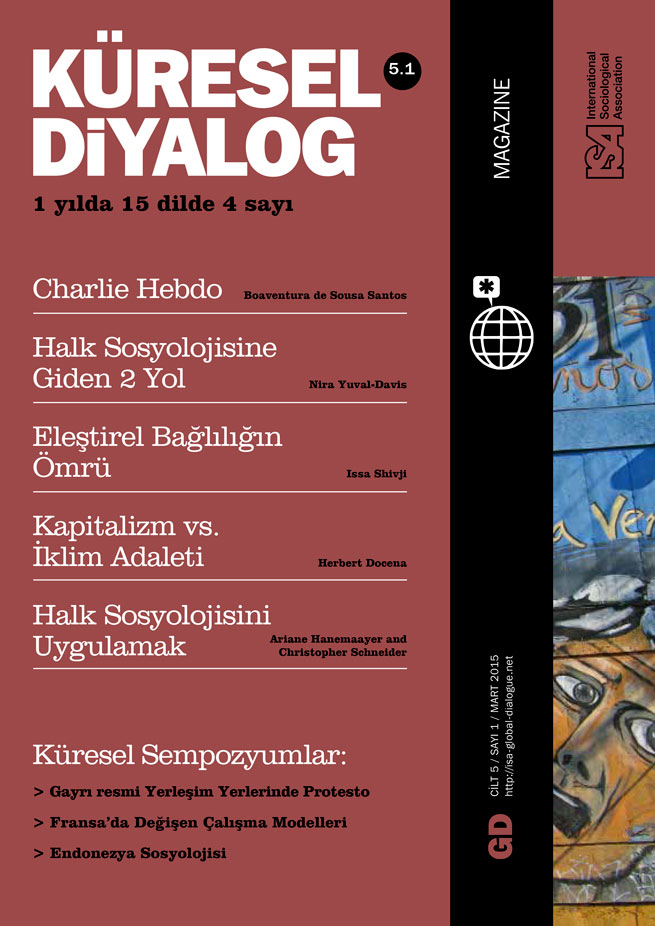Practicing Public Sociology
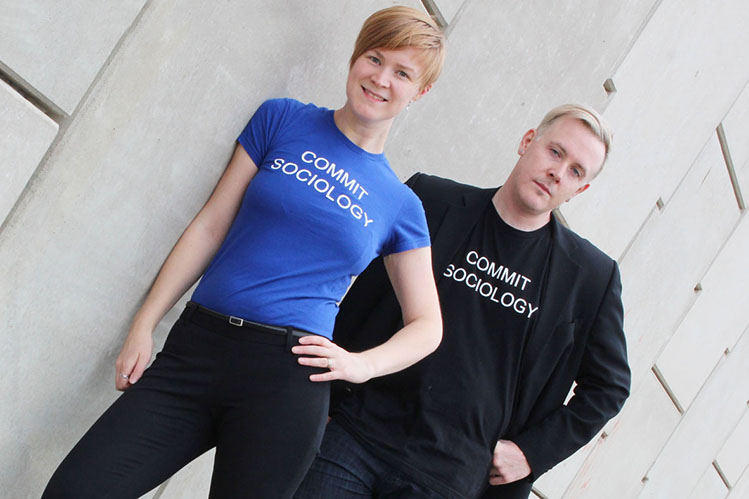
February 22, 2015
The premise of public sociology is to engage publics in a dialogue of mutual education. There are of course many exciting ways to practice public sociology. In this short essay we explore two “analog” versions of practicing public sociology (for “digital” examples see the ISA’s “Public Sociology, Live!” or “e-public sociology” in Hanemaayer and Schneider, The Public Sociology Debate). The first practice involved developing a sociology “philosophers’ café,” which we refer to as the Sunday Sociologist. From this emerged our second practice, a university course version of what we had cultivated during our Sunday Sociologist gatherings in a local coffee house. Coffee houses – or “penny universities” as they were sometimes called (in reference to the penny admission fee) – have historically served as important social milieus where dialogical exchanges occurred among multiple publics, including students, merchants, and intellectuals.
Inspired by the “penny university,” in 2009 we launched the Sunday Sociologist (www.sundaysociologist.com), hoping to bring together individuals who held a wide range of different perspectives. We invited members of the community, university faculty, and students to come once a month to a local coffee shop in the heart of Kelowna, British Columbia, Canada, to debate and discuss issues of mutual importance (national news stories, viral videos, political projects, etc.). The goal of these meetings was to reach diverse populations, on the one hand, and to engage in mutual education about matters of local and global importance, on the other. The conversations often prompted fruitful and spirited debates, which helped to crystallize, shape, and develop our lives as professional sociologists by bringing to our attention important private troubles and public issues beyond the university classroom.
We chose to hold our meetings on the second Sunday of each month in the early evening. The scheduling reflected a deliberate effort to attract those with full-time employment who might otherwise be occupied working during the week. We advertised our sociologist cafe through a free webpage. The monthly gatherings were attended by various faculty members, university and high-school students, retired folks – as well as one individual, named Brendan, a self-identified “vacuum salesman” and “layman.”
Although our sociological cafe was named for the day of the week, our hope was to highlight the idea that no matter our walk of life, political or social persuasion, we all ponder sociological questions in our lives – whether we know it or not. Unlike the professional chemist, publics live in our laboratories – the social shapes them and they shape the social. The germ of the sociological imagination is already present. If the sociological imagination can inspire a Sunday evening of reflection, then the development of this type of thinking might be realized as a useful tool in the lives of publics we encounter in our coffee house gatherings.
The Sunday Sociologist inspired a university-sponsored course with its own syllabus. The idea was to invite members of the public to attend a sociology course. Each week an invited sociologist would offer an hour-long lecture in a publicly accessible manner, followed by an hour of small group discussion (the course was capped at 30 students). The course and each guest speaker were advertised weekly through university press releases and on social media (weekly attendance was usually around 100 people). Sociology students and members of the public were distributed between discussion groups so that they could engage in mutual dialogue. Then, together with invited sociology professors and the teaching assistant, we would move between groups, to listen, and to interject sociological materials into the dialogue.
Some of the people who frequented the Sunday Sociologist regularly attended the course. Reactions were enthusiastic! For example, the self-described vacuum salesman Brendan noted: “Being able to take part in these conversations, and finding out to my amazement that I have something to contribute has been empowering and energizing in a way that I have never experienced before.” Another public member attendee noted: “It has been a privilege and pleasure for someone not far short of 80 years, to listen to and mingle with younger and livelier minds.”
These initiatives in public sociology prompted us to think about our professional sociological commitments and perspectives. One of the most frequent dilemmas we encountered was how to make complex sociological ideas relevant and clear. We found our work within the community to be a demanding addition to our professional work, but an incredibly rewarding public teaching experience. There was a lot of public support for our projects, and we found it encouraging to explore new and innovative ways to engage communities in our work. The broader context likely contributed to the successes of these projects.
Kelowna is a particularly affluent retirement community, a very desirable place to live in the southern interior of British Columbia. Many of the public attendees at the Sunday Sociologist and the Public Sociology course were retired well-to-do individuals with undergraduate degrees. For example, Joyce, a regular public attendee of the Sunday Sociologist and the course, noted: “I’d forgotten how much I enjoyed college sociology in the 70s and 80s and how stimulated I feel again.” Attempts to develop similar projects in working-class communities of laborers, for example, might run into different challenges. Our project relied on assumptions that were specific to the community in which we created these projects: we could assume most individuals had access to computers and the internet, that they listened to local news and left-leaning radio channels which advertised the events, and that they were motivated to engage with the university in alternative capacities. Sociologists hoping to bring similar initiatives to their home communities might consider the challenges that might arise in the milieu within which they are working, in order to devise strategies through which to engage publics in their specific contexts.
Ariane Hanemaayer, University of Alberta, Canada <ahanemaa@ualberta.ca>
Christopher J. Schneider, Wilfrid Laurier University, Canada <cschneider@wlu.ca>

